On Monday I drove along the A 82 stopping at laybys & sites used for camping along
the Loch side. Most of the land is owned by Luss Estates who last year blamed campers
for the state of the country-side http://lussestates.co.uk/news/litter-problem-worsens-wild
-campers Apart from the usual litter thrown from car traffic, which is ubiquitous
throughout Scotland, the laybys showed evidence offly tipping, some of it gross & use
as toilet stops.
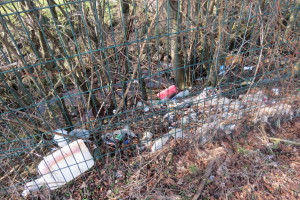
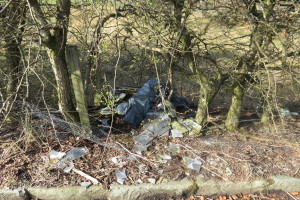
Traditional camping sites along the Loch side that will be included in the area covered
by the camping byelaws were generally quitelitter free, and the litter in evidence could
have been picked up in five minutes. I got the impression that by laws are not
motivated by environmental concern but sociological considerations, and LL&TNP
have been pushed into implementing such an arrangement by residents rather than
visitors. I was struck by the fact that fly tipping material looked as if it was local rather
than imported, builders waste, refuse that could have been taken to a tip & farm waste
tossed over a fence [pretty common throughout rural Scotland].

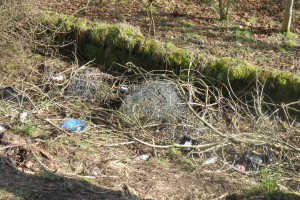
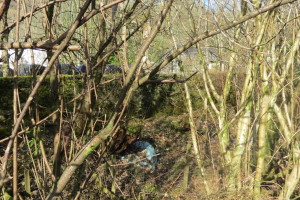
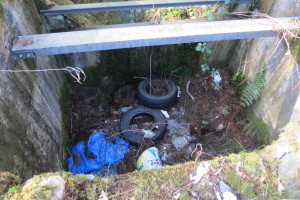
The visit to the head of Loch Long revealed the usual post winter mess of wind & tide
born rubbish [which seems to be being cleared by piling it in a heap half way down the
tidal zone.] As this is the only marine salt marsh habitat in the NP it struck me that
environmental concerns must be low on the agenda of the LL&TNP Board.
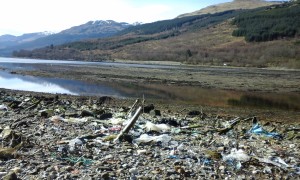
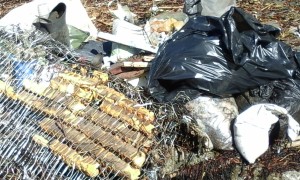
From my perspective litter is litter from whatever source it derives, and that left by even
the most degenerate of campers is trivial compared with that derived from other
sources. If litter matters then it is hard to understand why so much attention is focused
on roadside campers as they are probably the least of the NP problems if the
environment matters. A visit to NP facilities at Firkin Point revealed that the toilets
are closed until 31 March & the car park at 16.00. This suggests that the NP has very
little notion of what offering a service to visitors means. The message I get is that the
NP sees its responsibilities as restricting services, limiting access to facilities &
addressing any problem through exclusion.
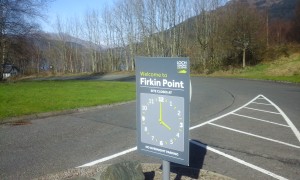
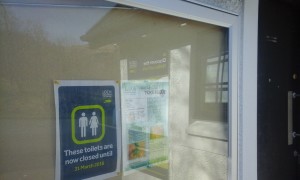
I have visited most of the National & regional Parks in Western Europe the contrast is
stark – visitors from abroad must be pretty confused if they arrive at Glasgow Airport
then visit the NP & discover it is being operated like a town park, with closed facilities,
restricted opening hours, litter everywhere & park rangers evolving into enforcement
officers for bye laws that seem to contradict the very purpose of a NP.
